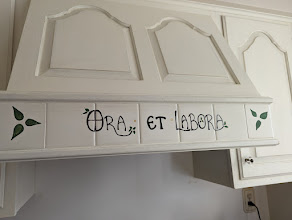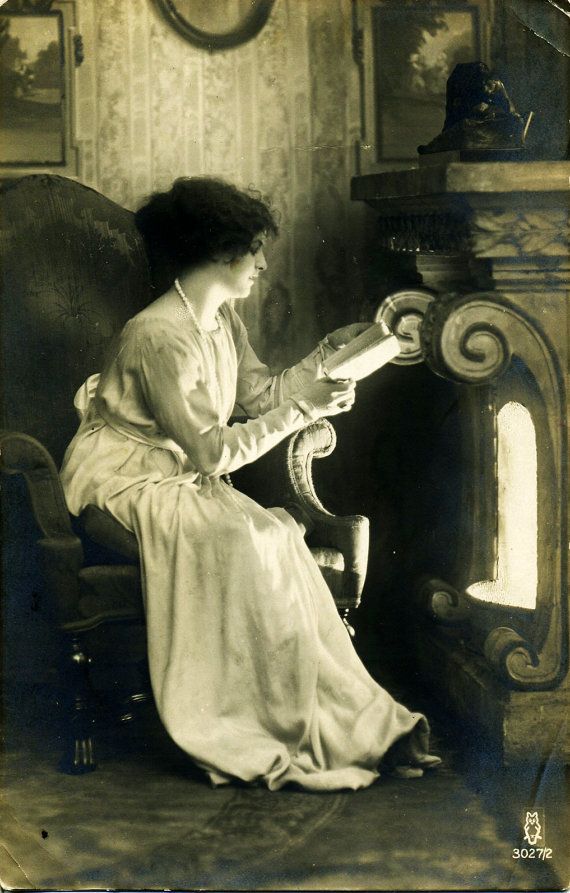or, The Day My Daughter Went All Verruca-Salt On Me
The other day, my
four-year-old daughter heard the word “festival” and grew very excited. She
said, “Do you remember the Tulip Festival?!! That was SO FUN!”
Do I remember the
Tulip Festival? Yes. Yes, do I ever. It was the day my daughter turned Verruca-Salt
on me. This is how I remember it:
The local tulip
festival is an annual celebration lasting a few weeks during peak
tulip-blooming season. We’ve gone a handful of times and I have beautiful
photographs of my children at various ages amongst the brightly hued flowers. And
this was The Perfect Day for Tulip-Admiring: the sky was clear and blue, it was
sunny (yes, in April!), and the tulips were at their peak. It was a
rainbow-hued horizon with Mt. Hood in the background to boot.
And that’s when it
started. The Biggest Tantrum That Ever Was. Well, I know it probably wasn’t the
biggest of all time, but this was the worst I’d ever experienced as a mother.
Mind you, I am a
seasoned children-under-five-mom at this point, and my four-year-old (here I
call her Blossom) and three-year-old (here I call him Buck) were thoroughly
watered, rested, and fed before we even set foot on festival grounds. Usually
that guarantees a good two-hour chunk of fit-free-fun. But not on this
ill-fated day. I want to blame the festival. Before we even reached the tulips,
we had to pass a mini-carnival of bouncy houses and hay-slides. Almost
immediately Blossom and Buck were complaining—“When are we going to the bouncy
house?” “I want to go on the slide!” “Maybe later,” I replied, without really
meaning it, “but we’re here for the tulips.” I was patient at first, but less
and less the more this carried on.
Buck started
taking off, running through the rows of tulips, the top of his head
disappearing beneath the tall stalks. Blossom followed suit. Weighed down with
my mom-junk (you know, the big mom purse, water bottles, camera, not to mention
the 20 extra pounds of life-giving child-bearing weight), I tried desperately
to rally them. They’d hold my hands for a short time, then take off again. I
felt helpless.
Sweaty and
exhausted, I rallied the troops and we started the long walk back to the
parking lot. I had stupidly said in one of my desperate attempts to get them to
listen that maybe we could get some ice cream. Feeling I should make good on my
promise, I slowed down at the ice cream stand to realize there would be no way
I could afford everyone ice cream if we were going to eat dinner for the rest
of the week. I kept walking past the ice cream, hoping Buck and Blossom
wouldn’t notice, but Blossom started in with the demand that would become her
war-cry for the next solid hour: “I want an icey-cone! I want an icey-cone! I want
an icey-cone!” If we were at home and this happened, after being asked to stop,
she would eventually be sent to her room where she could have her little fit without
disturbing the rest of us. But what to do when one is out in public?
I asked her to
please stop. I pulled her aside to try and talk sensibly with her. I promised
her a treat for later if she would calm down. It only made things worse. “I
want an icey-cone!” And now Buck had started in. We slowly inched our way
through the festival to the parking lot. It was a long, long walk of
humiliation. By that point I had two hysterical children, one on each hand,
screaming, “I want an icey cone!” People started to stare. Blossom threw
herself onto the gravel and screamed. People started walking around us like we had
an imaginary perimeter, but definitely slowed down to stare, like when everyone
slows down traffic to leer at the fool that just got pulled over for a traffic
violation. Some people tried to be encouraging, others made smart-ass quips. It
was like an out-of-body experience. I could see myself, standing in the middle
of a gravel parking lot with four befuddled older children behind me as a
buffer while two otherwise normal toddlers laid in the dirt screaming. It’s almost funny.
We finally got to the car and I could hardly buckle Blossom, her body was writhing in expert tantrum form. Buck soon calmed down, clearly exhausted. For the first 20 minutes of the drive, Blossom kept going (truly remarkable stamina). My older four kids reached a state of stupor and no longer heard anything. I was so impressed with their saintly patience, I decided that as soon as Blossom fell asleep (which is inevitable, right?) I would go through a drive-thru and get smoothies for my normal, sane children. At last she did, mid-sob, and the car was finally quiet. I pulled into the drive-thru and practically whispered an order to the attendant. Not even kidding you, Blossom woke up, and started right where she left off. “I want an icey-cone!”
There was a lot of
good that came from this day. I probably sweat off at least five pounds.
Blossom learned a lesson: she did not get a smoothie that day because of her
fit, and she brought it up a few times the next few days: “I’m sad because I
didn’t get a smoothie.” Me: “Do you remember why?” Blossom: “Yes. Because I
threw a fit.” Win.
I also saw my
older four children exercise heroic patience. Win.
But I definitely do
not remember the tulip festival as “so much fun”, as Blossom does. I’ve been
thinking a lot about this, the fact that she doesn’t remember how miserable she
was that day, and how miserable she made everyone else. Somehow in her memory
all she sees are the beautiful tulips. In her mind, that was a good day, while
the rest of us remember a hot sweaty mess.
Yet this is
humorously similar to my own recollection of life. There are periods of time in
my adult life that I remember fondly, even if they were incredibly difficult. I
look back now and I am amazed at God’s hand through it all, but when I really think about it, I was a big
stinker during those periods of time too. I was needy, whiny, and I pitched some
pretty good fits. But I like to recall all the beauty, the work of God’s hand
that I see in retrospect.
I’ve been trying to meditate more on God’s Fatherhood—that He is my Father, I am His Child, and He loves me. Simple, but sometimes difficult to wrap my heart around and truly believe. This isn’t the first time God has used my own experience in parenting to show me His Heart: He holds His ground through my own fits of tunnel-vision and stubbornness with patience and wisdom, and maybe with a little smirk of amusement, is happy when, at long last, I can see the beauty, and have grown a little through the dirt and tears.






